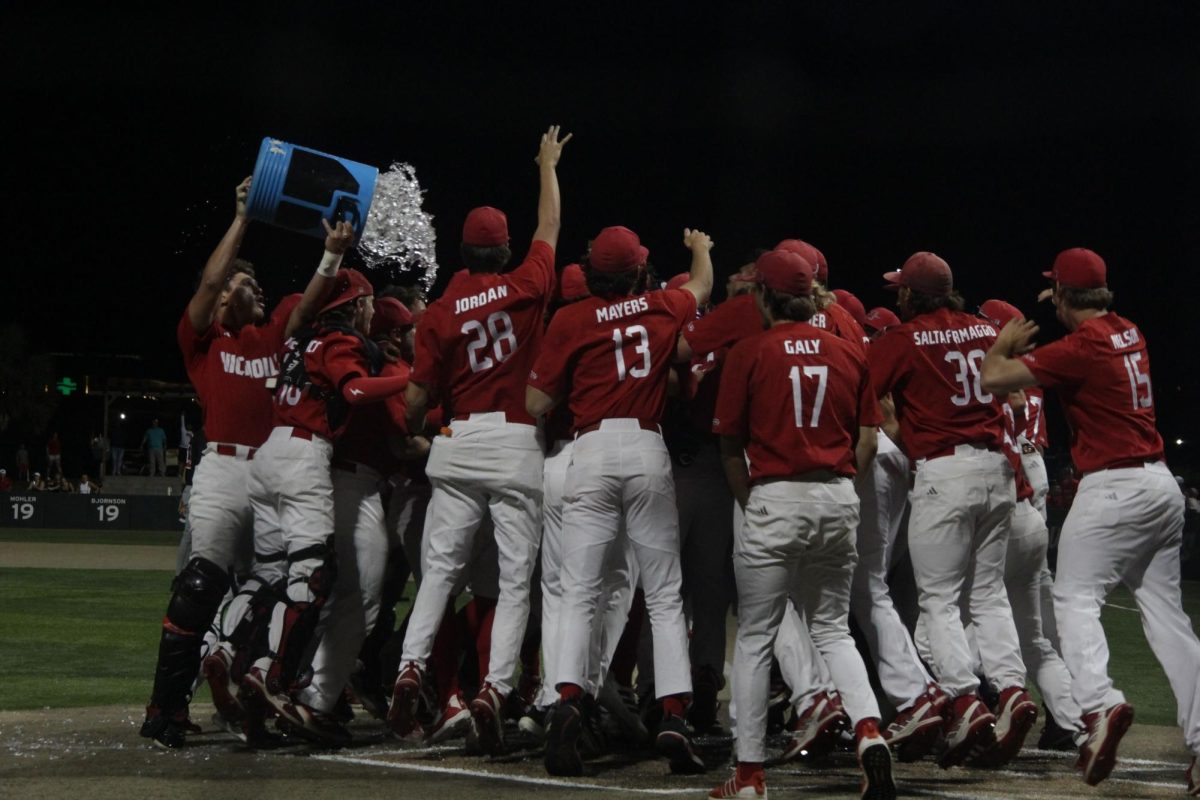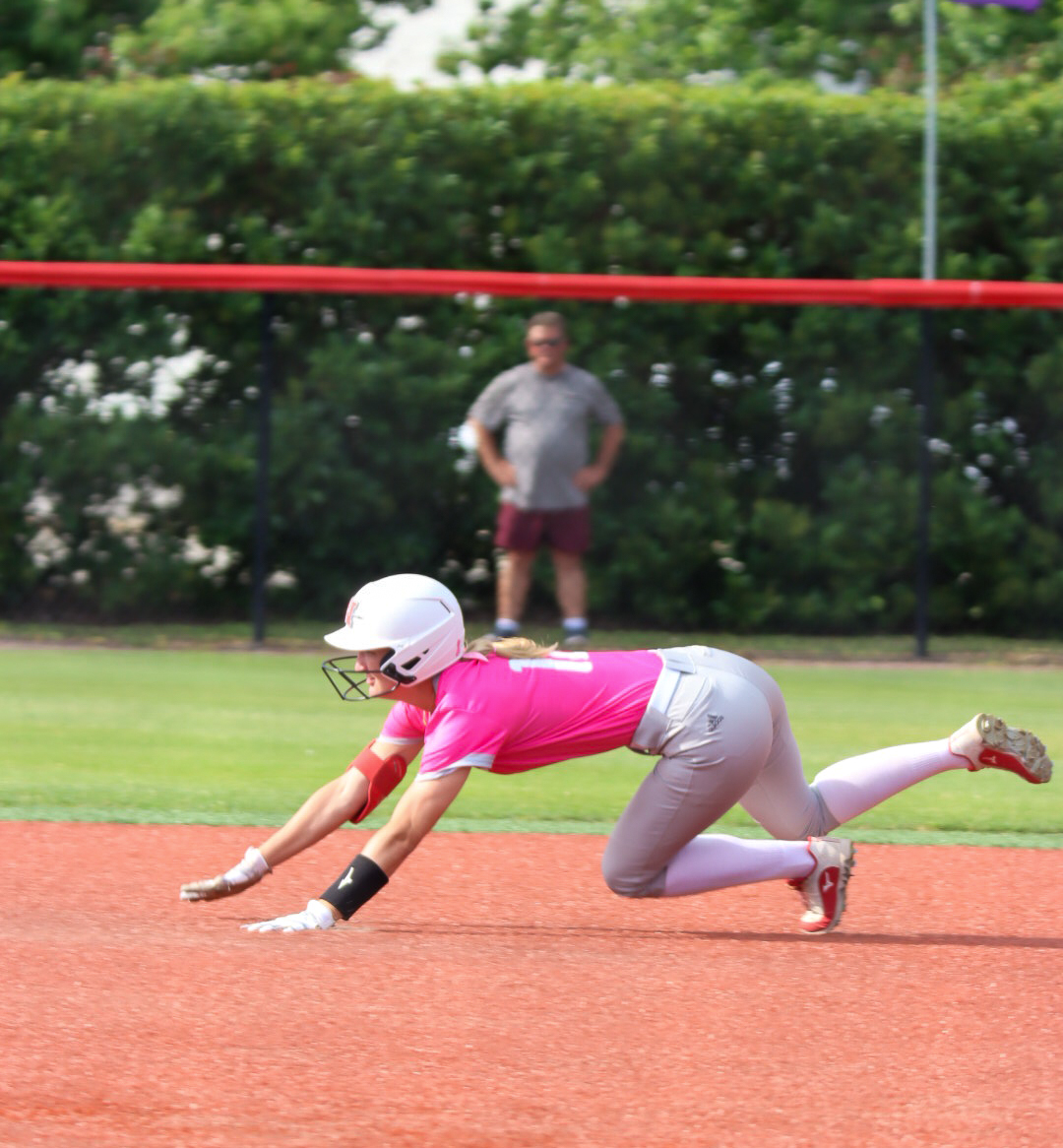The Chef John Folse Culinary Institute’s 2005 Junior American Culinary Federation student competition team is on a roll as well as the road to Mt. Pleasant, Mich., to compete against other teams in a cutthroat culinary battle.Regional conferences are held every year. The conferences involved are western, central, northern and southern. Nicholls’ Junior ACF team belongs to the central conference.
“For a long time I’ve wished that we belonged to the southern region, mainly because the central region has the best schools in the country,” Randy Cheramie, Culinary Institute lecturer, said. “This will be my fifth competition with the Junior ACF.”
Faculty members started the chapter of ACF for industry professionals at Nicholls. The reasoning behind this development was so a junior ACF that solely consists of students could be formed, Cheramie said.
The week long trip the team is currently on in Michigan is privately funded. The team sponsors fundraisers and dinners, and senior ACF members contribute money.
“It’s going to cost us about ten grand,” Cheramie said. “But we’re taking a bus. We’re not flying because we can’t afford to fly.”
Five team members are on the team but only four do the actual cutting, cooking, etc. The other member is called an alternate. He or she is considered the “floor coach.” This member is aware of all the recipes just in case someone is incapable of performing, weighs the items and brings them to the judges, keeps the other four members aware of the times and helps keep the area where the other four are working neat. In many respects, according to Cheramie, it is the hardest thing to do.
There is another set of four members who did not make the cooking team and are called the support team members. They help evaluate during practices, formulate different lists and other things that Cheramie needs assistance with.
“Basically we’re the bra,” Adam Berry, culinary junior from Edgemont, Ark., said. “Think about it. What would you do without a bra? Without one there wouldn’t be any support.”
“We help compose the recipes, we make booklets, take pictures of the food and anything else that needs to be done,” Berry said.
“They help me a lot,” Cheramie said.
On March 11 the team went to Delgado Community College and competed against Louisiana Technical College and Nunez Community College. Though the competition was tough, the team came home with a clean sweep.
“I’m very proud of them,” Cheramie said. “They work real hard.”
The team vigorously practices during the week, Cheramie said. Practice is scheduled two times a week from 5:30 p.m. to 10:30 p.m. or 11 p.m. The members of this team also work, attend classes participate do other activities. A hectic schedule is something these students are used to, according to Cheramie.
“We give up a good bit of our time for this,” Ryan Fitch, culinary senior from Gonzales, said. “It’s a really exciting learning experience. It’s lots of fun. Hopefully we’ll win and go to Texas for nationals.”
The first phase of the competition is knife skills and is 75 minutes long. Cheramie said although it seems like an ample amount of time to filet a fish and hand it in for judgment, it is not. The team members have to make sure four pieces of the same type of fish are cut in a few different “French classical cuts,” Cheramie said. Every type of classical cut has specific measurements, and it is important that the team members cut everything accurately.
“Everything has to look like the same person prepared it,” Cheramie said. “That’s what we strive for.”
The second phase of the competition is the cooking segment, or the “hot food” segment. During this segment, the team must prepare four plates of four courses from scratch. Every item has to be taken to the judges within a certain time limit and if the time limit is broken, half of a point is deducted for every minute the team late.
According to Cheramie the judges are not looking for expensive food items. They are mainly looking for cooking methods that are correctly executed. At least four different cooking methods must be performed during the competition.
“Food that looks good and has been well-prepared is going to taste good,” Cheramie said. “We really concentrate on technique.”
Not only are there judges tasting the food the teams produce, but there are judges on the floor making sure the team is executing particular cooking methods correctly, evaluating sanitation methods, etc.
“They’ll throw you outside and shoot you for using your bare hands,” Cheramie said jokingly. “They pay strict attention to sanitation. It can be a little nerve-wracking, you know?”
The team can either win a gold, silver or bronze medal. However, it is strictly a point system. The teams have to earn so many points to receive a gold medal. Sometimes there is not a gold or silver medal awarded to any team. “It all depends on how many points you earn,” Cheramie said.
“Honestly, I would like a gold medal. It’s intense. It’s as much of a mental test as much as it is a physical and cooking skills test,” Cheramie said. “I tell [the team members] ‘When you get there, I don’t want you thinking, I want you doing. [Only] think if something goes wrong.'”
Team members are patiently waiting for the day competition begins.
“I’m looking forward to Michigan,” Nick Landry, culinary senior from Abbeville, said. “I’m getting nervous.”
“Everyone should want this team to win,” Fitch said. “We’re making the school look good, and it should be something everyone’s proud of.


![Assistant coach Cody Livingston [#53] talking with pitcher Nico Saltaformaggio [#38] on the mound(5/12).](https://thenichollsworth.com/wp-content/uploads/2024/05/LivingstonNicoHuddle-vs-Lamar-1200x800.jpg)




